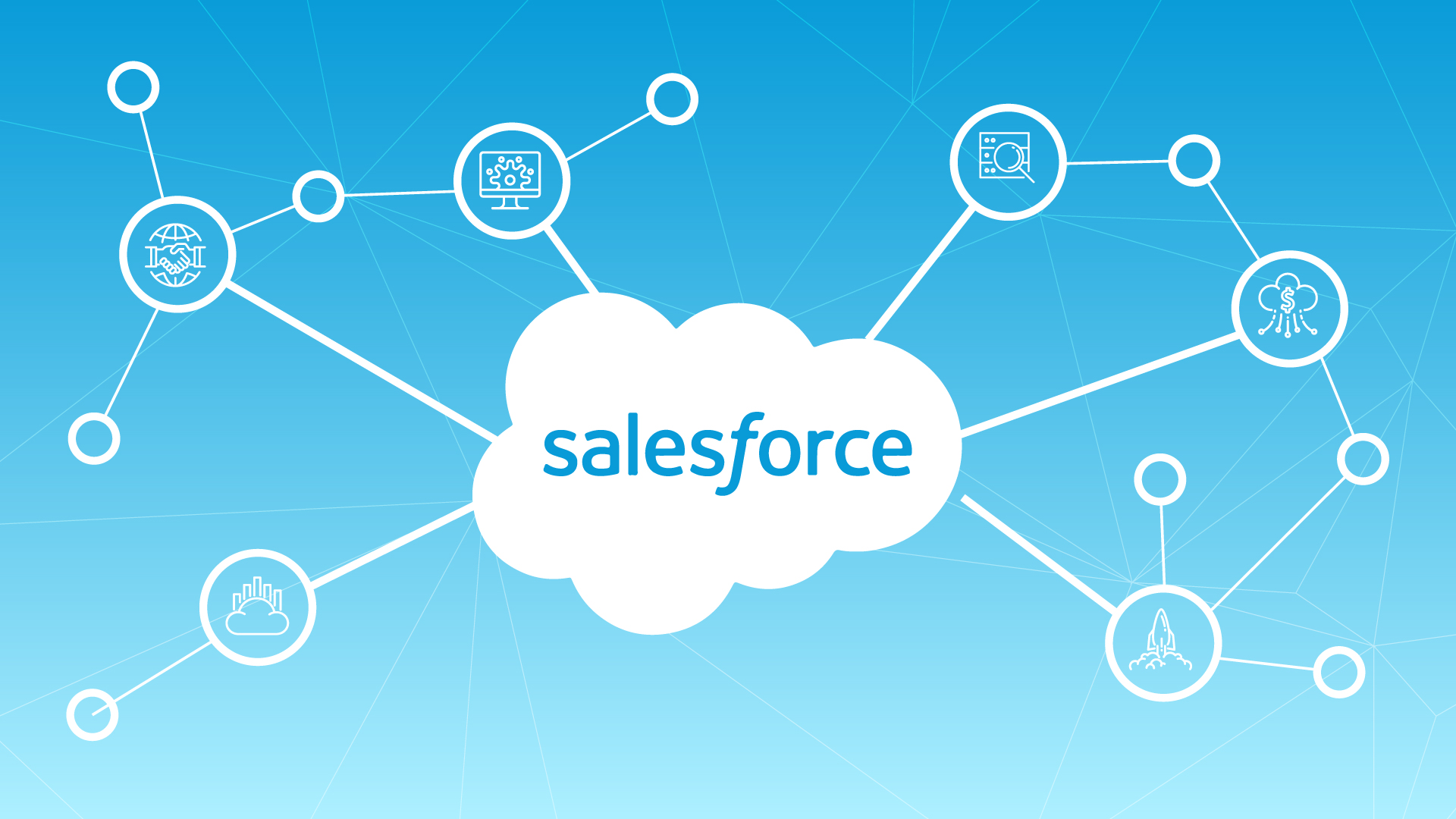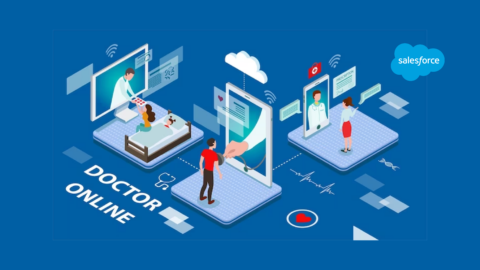Salesforce is a cloud-based CRM software application used by sales and marketing professionals to manage customer relationships, sales leads, and sales activity. It provides a centralized platform for managing customer data and enables users to collaborate with colleagues and partners to drive sales and grow their businesses. Salesforce is available as a subscription service and can be used by small businesses and enterprise organizations of all sizes.
Benefits of Salesforce
Salesforce is a powerful business tool that can help companies improve their operations and customer interactions. Here are some of the key benefits of Salesforce:
➢ Automation: Salesforce can automate many of your business processes, including marketing, sales, and customer service, saving you time and money.
➢ Analytics: Salesforce’s analytics tools give you insights into your customers and operations, so you can make more informed decisions.
➢ Integration: Salesforce can integrate with other business systems, such as accounting software and customer relationship management (CRM) programs, to provide a comprehensive view of your operations.
➢ Customization: Salesforce allows for easy customization, so you can tailor the platform to meet your specific needs.
➢ Cost-effectiveness: Salesforce is cost-effective for businesses of all sizes, making it an attractive option for small businesses.
Emerging trends in Salesforce
There are several current trends in Salesforce. Let’s see them one by one
Artificial Intelligence and Machine Learning: Salesforce is investing heavily in AI and machine learning to make its CRM platform more intelligent and automate repetitive tasks. It incorporates AI and ML in its platform to help automate tasks, predicts customer behavior, and personalize interactions.
Cloud-based solutions: Salesforce is moving towards cloud-based solutions to allow customers to access their data and applications from anywhere.
Internet of Things (IoT): Salesforce is exploring ways to integrate IoT data into its platform to provide businesses with real-time insights into their customers and operations.
Internet of Things (IoT) integration: Salesforce is integrating IoT technology to allow companies to collect data from connected devices and use it to improve their sales and marketing efforts.
Salesforce Einstein: Salesforce Einstein is a set of AI-powered tools that can help sales teams automate tasks, predict customer behavior, and personalize interactions.
Salesforce Lightning: Salesforce Lightning is a new user interface that is designed to make the platform more user-friendly and customizable.
Salesforce Community Cloud: Salesforce Community Cloud allows companies to create branded online communities for their customers, partners, and employees to collaborate, share information, and access support.
Salesforce Platform: Salesforce platform allows customers to build custom applications on top of Salesforce, which can automate various business processes and increase efficiency.
Salesforce CPQ (Configure, Price, Quote) and Billing: This solution streamlines sales processes by allowing sales reps to quickly configure, price, and quote products and services.
Salesforce Field Service: This solution allows companies to optimize their field service operations by giving them tools to schedule appointments, dispatch technicians, and track inventory.
Salesforce Financial Services Cloud: This solution allows financial services companies to manage their customer interactions and data across different channels and lines of business.
Low-code and no-code development: Salesforce is making it easier for non-technical users to create and customize their own apps with the help of low-code and no-code development tools.
Industry-specific solutions: Salesforce is expanding its offerings to cater to specific industries, such as healthcare, financial services, and retail, with industry-specific solutions.
Platform as a service (PaaS): Salesforce is moving beyond just CRM and becoming a platform as a service (PaaS) provider, allowing developers to build and run their own apps on the Salesforce platform.
Salesforce Integration: Salesforce is becoming a central hub for all of a company’s data, allowing for seamless integration with other systems and software, such as ERP and marketing automation.
Remote working: With the increase in remote work, Salesforce is investing in tools to improve the remote working experience, such as video conferencing and collaboration tools.
Customer Experience: Salesforce continues to focus on improving customer experience by providing businesses with more insights into their customers and providing customers with more personalized experiences.

Some challenges using salesforce
Salesforce is a powerful tool for businesses, but there are some challenges to using it. Here are some of the most common challenges:
- Learning Curve: Salesforce can be complex, and it can take time to learn how to set up and use it properly.
- Customization: While Salesforce offers a range of customization options, they can be limited if you want to create something more advanced.
- Data Management: Salesforce can be challenging to use if you have large datasets or need to integrate with other systems.
- Cost: Salesforce can be expensive, particularly if you need additional services or features.
- Support: If you encounter any issues, you may need to rely on Salesforce support, which can be slow and difficult to access.
These are just some of the challenges associated with using Salesforce. It is important to consider these factors before deciding if it is the right solution for your business.
Final thoughts
The future of Salesforce is promising, with a focus on emerging technologies and a customer-centric approach. Businesses that adopt Salesforce will be well-positioned to take advantage of these trends and improve their sales, marketing, and customer service efforts.










